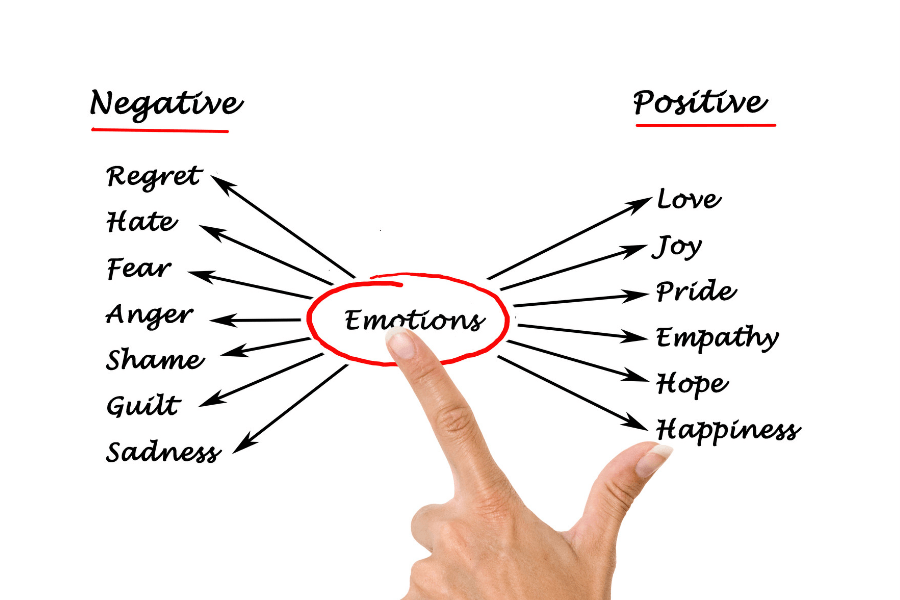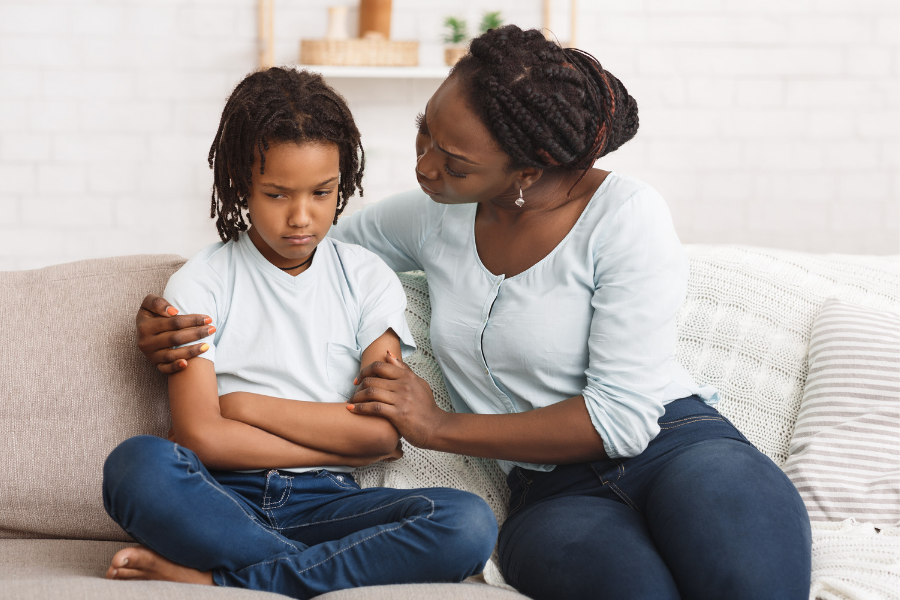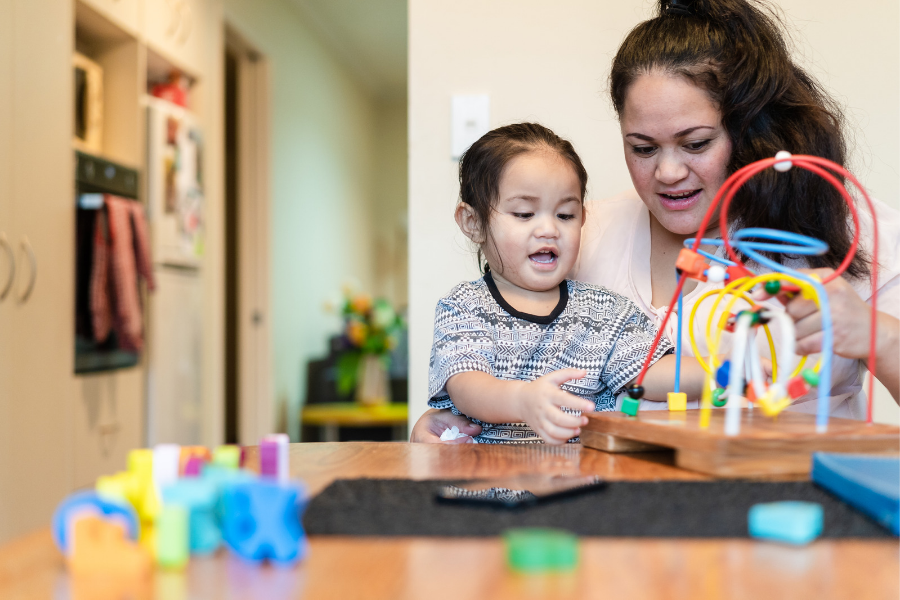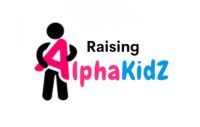Being a parent is a difficult road with many highs and lows. There may be times when we become agitated and stressed out to the point where we yell at our kids. However, it’s important to comprehend how such behaviour affects our children and take action to mend the emotional bond afterwards. This blog article attempts to teach parents how to reconnect with child after yelling, creating a good and loving environment at home by drawing on insights from famous child psychology.
Acknowledge Your Emotions:
Take a minute to recognise your feelings before discussing the problem with your child. Consider the possibility that your child’s undesired attitude that triggers you to yell at them, was their reaction to stress or other stimuli unrelated to their behaviour. You may strive towards self-regulation and a calmer attitude by acknowledging and embracing your feelings.

Apologize Sincerely:
After you’ve yelled, give your kid a real apology. Admit that you regret yelling and that your behaviour was inappropriate. This activity teaches kids to accept responsibility for their acts and that it’s alright to make errors.

Practice Active Listening:
Make a place where your child may express themselves freely and without fear. Tell them you’re willing to listen without passing judgement. Encourage children to express their feelings and thoughts so that they may build trust and a sense of being understood.
Validate Their Feelings:
Even if you disagree with your child’s viewpoint, after listening to them out, support their feelings. Children who believe their feelings are understood and acknowledged are more likely to experience a deep emotional connection to their parents.
Engage in Play:
Playfully interact with your youngster to reestablish the emotional connection. Play offers a secure setting for joy and laughter, facilitating recovery from a difficult situation.

Use “Time-In” Instead of “Time-Out”:
Practise “time-in” by remaining near to your child through trying times rather than alienating them. Offer solace, talk about their emotions, and collaborate to find answers. This strategy encourages emotional control and develops a sense of security.
Develop Healthy Coping Strategies:
Teach your child relaxation techniques such as deep breathing or mindfulness to manage stress and emotions effectively. Practice these strategies together, reinforcing the idea that it’s normal to experience strong emotions and that they can be handled constructively.
Implement Effective Communication Strategies:
For disagreements to be resolved and a good parent-child connection to be maintained, effective communication is essential. It is emphasised in the book “How to Talk So Kids Will Listen & Listen So Kids Will Talk” how important it is to speak in a courteous and empathic manner. When addressing their behaviour, refrain from using cruel or insulting language. Instead, concentrate on the particular problem at hand and speak your feelings gently.

Set a Positive Example:
Children pick up things by seeing what their parents do. Your coping mechanisms for stress and emotions might have an impact on how your child manages their emotions. Show them how to handle difficult situations with grace and calm by providing examples of good coping techniques and displaying empathy and understanding.
Establish a Routine for Emotional Check-Ins:
In parenting, consistency is crucial. Establish a schedule for talking to your child about their emotions. You can make this happen before bed, at mealtimes, or whenever you both feel at ease. Encourage them to discuss their day, their emotions, and any difficulties they may be experiencing. Your emotional connection is strengthened and open communication is encouraged by this practise, which can help you to reconnect with your child after yelling.
Practice Mindful Parenting:
Consider adding mindfulness to your parenting style. It is importance to remain mindful of your feelings and reactions while nurturing your child. You are more likely to respond to your child’s behaviour with compassion and understanding if you practise mindful parenting, which also lowers your propensity to shout when things become tough.
Learn and Grow Together:

Parenting is a lifelong learning process. Become knowledgeable about child psychology and development by reading books, articles, and attending parenting classes. You’ll be better able to respond to your child’s behaviour with tolerance and empathy if you have a greater understanding of their emotional needs and cognitive development.
Seek Support When Needed:
Sometimes the problem may be within us due to various reasons and we start yelling at our child because of it. In such circumstances, we should make ourself free from such traumatic minds before trying to reconnect with kid. Do not be hesitant to ask for help if you are having emotional or parenting difficulties. Contact your friends, relatives, or parental support organisations. Professional counselling may also offer insightful advice and practical techniques for reducing stress and strengthening your bond with your kid.
Parenting is a lifelong process of learning and development. It’s regretful but all too typical to yell at your kids, and it can hurt their mental health. We may take action to mend and enhance the emotional relationship with our children by referring to ideas from famous child psychology on how we can reconnect after yelling at our child. A loving and supportive relationship with our children may be fostered with time, empathy, and a dedication to emotional connection, which will benefit their entire development and well-being.
Read Also: Mastering The Art Of Storytelling to Kids

